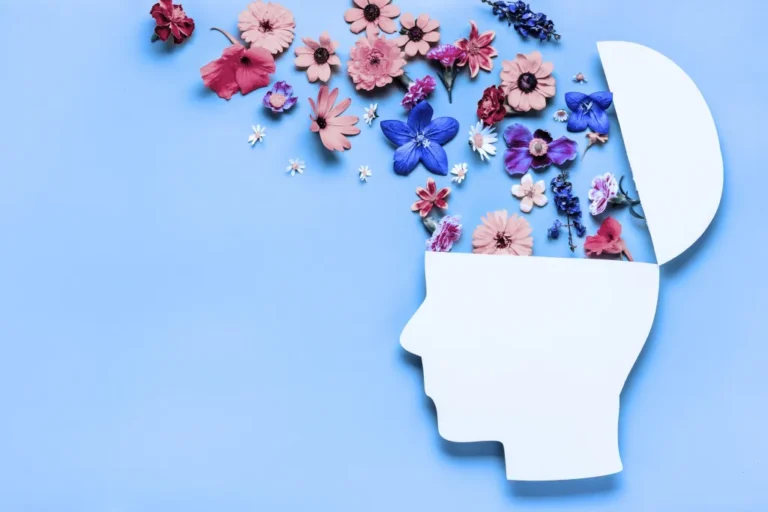Embracing Mental Wellness Month: Starting the Year with Self-Care and Support

As we say hello to 2025, January marks Mental Wellness Month—a perfect opportunity to check in with ourselves and get real about mental health. Think of this month-long observance as a friendly reminder that our mental health deserves just as much love and attention as our physical well-being. In a world that seems to be moving at lightning speed, taking a moment to focus on our mental health isn’t just important—it’s essential.
The Current Landscape
We’ve all been touched by mental health challenges in some way—whether personally or through someone we care about. It’s part of our shared human experience, crossing all age groups and walks of life. The numbers tell a powerful story: nearly one in five adults goes through mental health challenges each year, but sadly, fewer than half get the support they need. These struggles ripple through our families, workplaces, and neighborhoods, especially during these chilly winter months when seasonal affective disorder can make things even tougher for millions of Americans.
These challenges look different for each generation in today’s world—one that’s more connected yet more complex than ever. Between the constant buzz of social media and mounting academic pressures, many teens and young adults are feeling the weight of anxiety and depression. At the other end of the spectrum, our older community members often find themselves dealing with loneliness, particularly when winter weather keeps them indoors. And in our work lives? Mental health challenges don’t clock out at 5 PM—they stay with us long after we’ve logged out for the day.

Beyond the Silence
Stigma remains one of the biggest roadblocks keeping people from getting the support they need. Even as we’re making progress in mental health awareness, many of us still find it tough to reach out for help or open up about what we’re really going through. This can feel especially heavy in communities where talking about mental health has long been considered off-limits or seen as a sign of weakness.
The power to break down these barriers lies in learning and sharing. When we understand that mental health challenges are just as real as physical ones—not character flaws or personal shortcomings—we create spaces where people feel safe asking for help. It’s about knowing what to look out for, like changes in how we sleep, pulling away from friends and activities we usually enjoy, or feeling hopeless for long stretches. Spotting these signs early, in ourselves or others, can make a world of difference in getting support when it matters most.
Valera Health’s Commitment
At Valera Health, we see you as an individual with your own unique story and journey. That’s why we take the time to really understand what you need, creating a care plan that fits your life, your challenges, and your goals. Whether you’re looking for one-on-one support or the community of group sessions, our caring mental health professionals are here to listen without judgment and support you every step of the way.

Creating Change Together
Mental Wellness Month invites each of us to turn compassion into action. You can make a real difference by starting honest conversations with friends and family about mental health—sometimes a simple “How are you really doing?” can open the door to meaningful connection. Keep an eye out for signs that someone might be struggling, including yourself. Whether you’re going through a tough time, supporting someone you care about, or simply want to be part of positive change, every action counts—from donating to mental health organizations to sharing resources and learning about mental wellness.
Taking care of your mental health is one of the bravest things you can do. When we speak up, reach out, and support each other, we help create a world where everyone feels safe talking about mental health and getting the support they need. Here’s to a year of breaking barriers, sharing our stories, and taking care of ourselves—and each other.


























